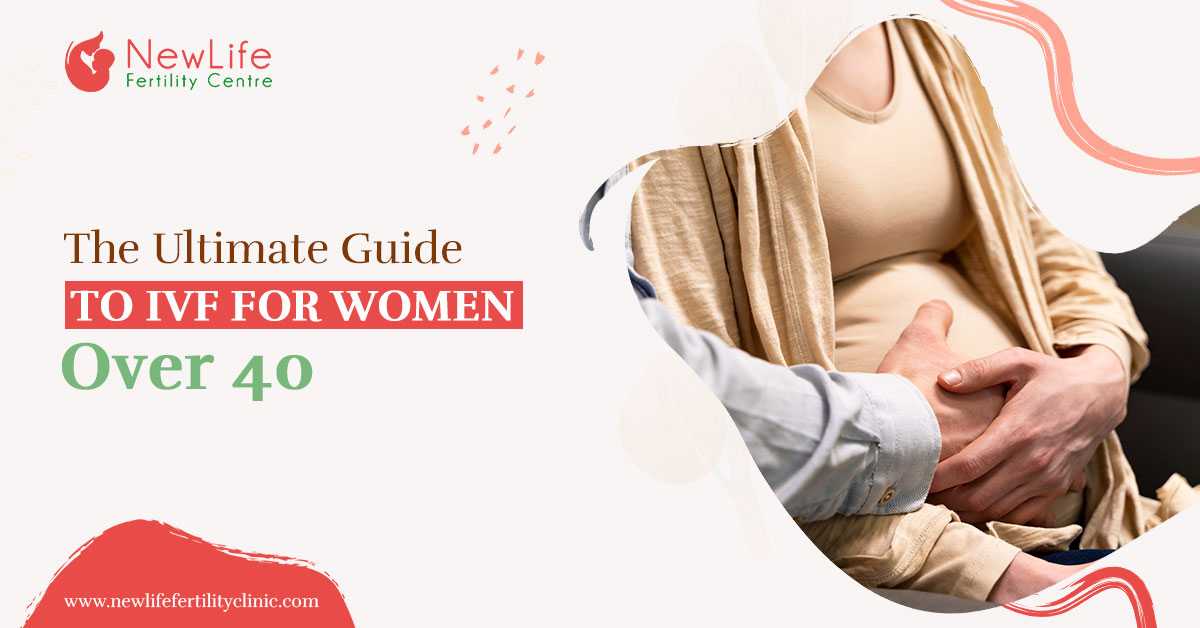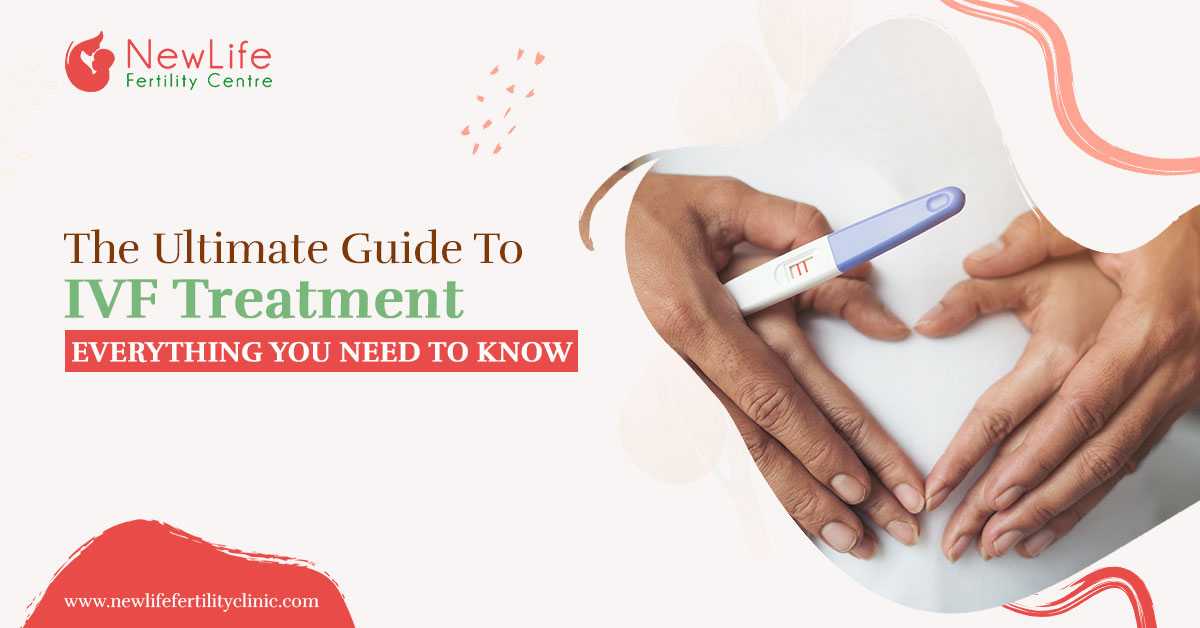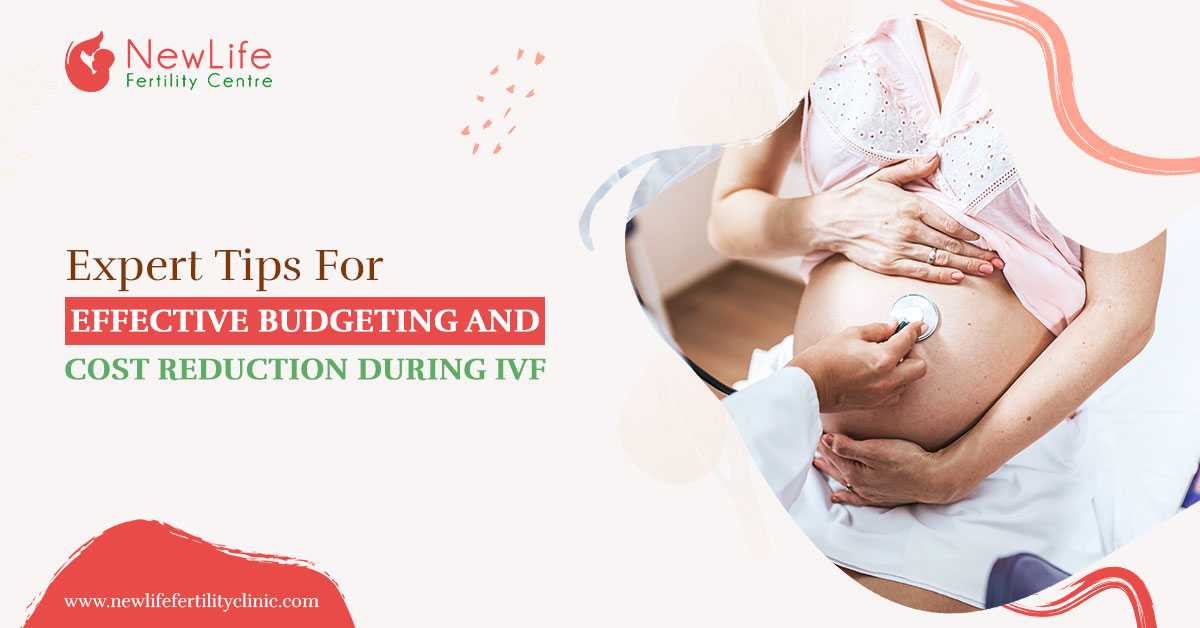Understand the current Situation of IVF
In Vitro Fertilization (IVF), where vitro means glass and fertilization means the fusion of male and female gametes or eggs. Therefore, the fertilization, taking place in a glass tube or dish is In Vitro Fertilization. Test-tube baby is the popularly used term for IVF.
When do couples choose IVF?
Couples or individuals facing infertility opt for fertility treatments like IVF.
What is Infertility?
Infertility is the condition where couples or individuals are unable to conceive naturally even after trying unprotected intercourse for a year.
Once your infertility, there are many treatment options for you like Medication, Intrauterine Insemination (IUI), Surgery, In Vitro Fertilization (IVF) etc,
IVF is not a small decision. It is a time-taking process and requires proper planning and thought. So, when do you know IVF is the ideal fertility treatment option?
- If all other treatments do not work
- Issues with fallopian tube (block or damage)
- Pelvic conditions like Endometriosis
- Unexplained infertility
- Declining ovarian reserve (capacity of ovaries to produce high-quality eggs). Women over the age of 36 are facing difficulties in conceiving.
- Women who have undergone tubal ligation in the past
- The shape, size and count of sperm are affected.
- Suffering from genetic disorders or chromosomal abnormalities.
- Ovulation disorders like Polycystic ovarian syndrome (PCOS)

The success rate of IVF is in the range of 30-35% per embryo transfer.
The success of an IVF depends on various aspects-
- Age of the women
- Reason of infertility
- Quality of sperm
- Duration of infertility
- Kind of eggs used (Self or Donor)
There are several considerations before selecting your doctor-
- The success rate
- Clinic facilities
- Cost-effectiveness
- Reputation
- Experience
- Good connection and trust
In Vitro Fertilization is a widely known fertility treatment. The fertilization of sperm and egg take place outside the mother's body and later on, implantation of embryos occur into the uterus. However, the experts carry out this critical process in a sterilized atmosphere effectively.
- Increasing the quantity and quality of eggs
Firstly, before the initiation, production of eggs inside the ovary is brought to a level of standard for attaining successful fertilization. Certain medications assist the ovary to produce healthy and mature eggs. In addition, they target to produce more quantity of eggs. This step is called as Ovulation Induction or Ovarian stimulation.
More the number of eggs, more the possibility of a successful pregnancy.
- Removal of eggs
Once the mature eggs are produced in the ovary, they are extracted from your body. This process is Egg Retrieval. Professional practitioner accomplishes the eggs retrieval through minor surgery.
- Mixing of Sperm and Egg
The eggs combined with the sperm (partner's sperm or donor sperm), are stored in the lab under favourable conditions. With regular monitoring and examination, the fertilization occurs and the formation of embryos takes place. This is the Insemination process.
Sometimes, the sperm is injected directly into the egg.
- Embryos placed in the uterus
After 3-5 days of egg retrieval, more than 1 embryo is transferred into the uterus through a tube carefully. The Embryo Transfer step is technically the last one in the IVF process.
- Hold back and smile
If the embryo attaches itself to the lining of the uterus, the IVF is declared successful. Take a pregnancy test. Take care of yourself and follow the doctor's word.
The patients are under systematic valuation and proper medications during the process to avoid complications and hindrance in the successful completion of IVF.
The popular 'two-week wait' is waiting for positive results post the embryo transfer. Here are some guidelines you could stick to.
- Keep calm: Foster yourself, get adequate sleep, learn ways to deal with anxiety or overthinking like therapies, emotional healing, meditation, etc,
- Avoid heavy workout: Do not stress yourself! It includes physical stress. Hefty workout can put pressure on your body and strain your muscles or stimulate your ovary. Your ovary is very sensitive and gentle and it requires extra care and safeguards.
- Do not stress so much on what to eat: Many people advising you on foods that could increase your chances of pregnancy but the truth is the food you eat has a very less impact on your chances of successful implantation. However, a balanced diet containing all essentials and vitamins keeps your health at the place, which is the need of the hour.
- Maintain your body temperature: Avoid too hot or too cold activities like steam baths or swimming pools. It affects your internal body temperature and results in a disturbance in the post-embryo transfer.
Sometimes, IVF takes more than one try. Nevertheless, now with the increasing technologies and perfectionists, there is hope to achieve success in the first attempt.
The peers, friends and family need to provide intensive support and concern to patients dealing with IVF or other fertility treatments. They need a lot of love and a consultation with a good fertility specialist in their region.




